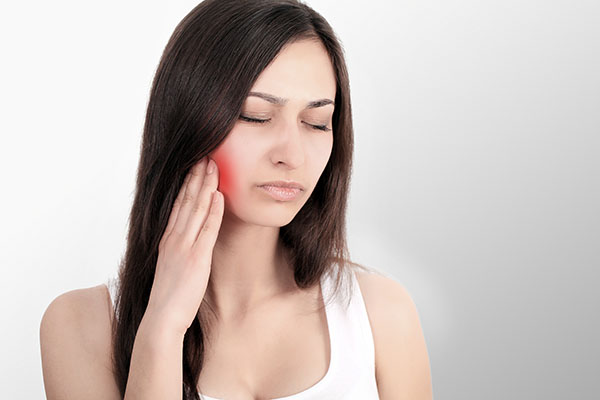If your are impacted, it may be time to think about visiting a dentist. Extracting these teeth can help you avoid serious oral health problems and cosmetic concerns. Not everyone requires the removal of these molars, but your dentist can determine whether this makes sense for you. Extracting these teeth can keep more space in your mouth, protect existing teeth, and reduce your risks of developing cysts.
An overview of wisdom teeth
Most children and teens have all their permanent teeth, with the exception of wisdom teeth, by age 12 or 13. The third set comes in between ages 17 to 21. In some cases, the individual will not get any of these teeth or may have only one or two. But typically, there are two sets on the top and bottom jaw.
The third molars are situated far back in the mouth, making them hard to reach with dental floss and a toothbrush. There is often little room for the teeth to grow in properly as well. This can create overcrowding problems, pushing away existing teeth. The third molars may also be misaligned, misshapen, and grow at odd angles. This can cause pain and make the person more susceptible to having cavities, infections, and other problems.
Understanding cysts
A cyst is a pocket of tissue that forms on the body. It contains fluid and sometimes other substances. Some cysts may be cancerous, though many pose little health risks. Cysts can develop on the skin or on various organs of the body. They can be large and painful, however, and may become infected. Cysts can be genetic or may show up due to inflammation, infections, or duct blockage.
An overview of wisdom tooth cyst
Among other problems, wisdom teeth can develop cysts. This happens when sacs of fluid form in the jawbone where the wisdom tooth is impacted. This can damage the bone itself as well as the tooth and nerve. Tumors can also form, though these are usually not cancerous. These cysts can be painful and cause swelling in the mouth.
Diagnosis and treatment
The patient may believe wisdom teeth cysts are present because of bumps in the mouth. The wisdom tooth, if impacted, may be sensitive to heat or cold. The dentist can confirm whether there is a cyst by taking X-rays and examining the patient. The dentist may have to perform surgery to remove the bone and surrounding tissue. To treat it, there are methods other than invasive surgery. Another option is to cut into the cyst and drain it.
Check out what others are saying about our dental services on Yelp:
Reduce your risk of having a cyst on a wisdom tooth
Cysts on your body can be painful and uncomfortable anywhere they appear. This can be especially true with wisdom teeth. A cyst can be painful and increase your chances of having an infection. One can also affect other teeth in your mouth. Talk to your dentist if you have concerns. You can avoid having a cyst by having a dentist remove your wisdom teeth.
or call Smile at Coconut Grove at 305-423-4661 for an appointment in our Coconut Grove office.
Related Posts
According to the American Journal of Public Health, dentists perform wisdom tooth extractions about five million times yearly. Also known as the third set of molars, wisdom teeth are the only teeth not necessary for the mouth. Instead, they are a relic of evolution from when humans consumed harder foods, serving as a set of…
Dentists regularly field questions about wisdom teeth from patients and young patients’ parents. If you are approaching the age when extracting these teeth is common, you may be curious as well. There are a lot of reasons why dental professionals recommend removing these molars. As you understand more about these teeth, you may realize why…
If your wisdom teeth have begun to emerge, it is time to speak to your dentist. When these teeth are impacted, they can have some serious effects on your oral health. It is important for you to understand the risks these teeth pose and the steps you should take. Your dentist can walk you through…
